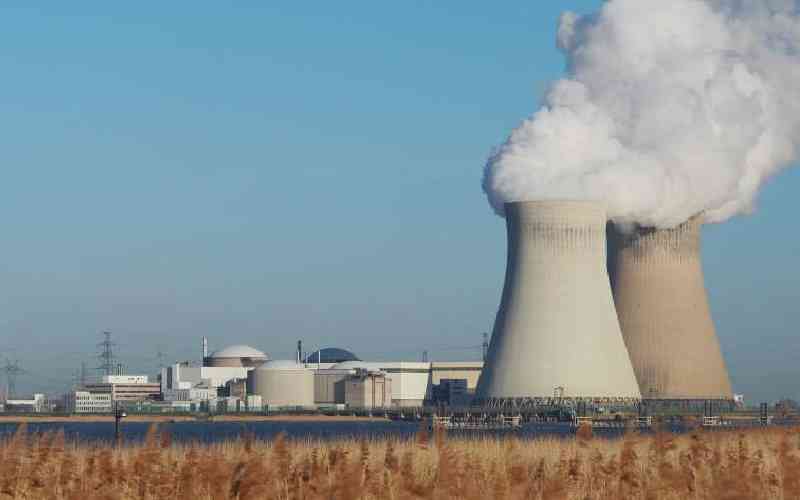×
The Standard e-Paper
Smart Minds Choose Us

Kenya will in September sign a nuclear cooperation agreement with the United States that is expected to firmly set Kenya up on a path to developing nuclear energy for electricity production as well as other uses in medicine and agriculture.
Kenya Nuclear Regulatory Authority (KNRA) chairman Omondi Anyanga said the signing of the Memorandum of Understanding (MoU) between Kenya and the US would take place next month during a conference by the International Atomic Energy Agency (IAEA) from September 16 to 20, 2024 in Vienna.